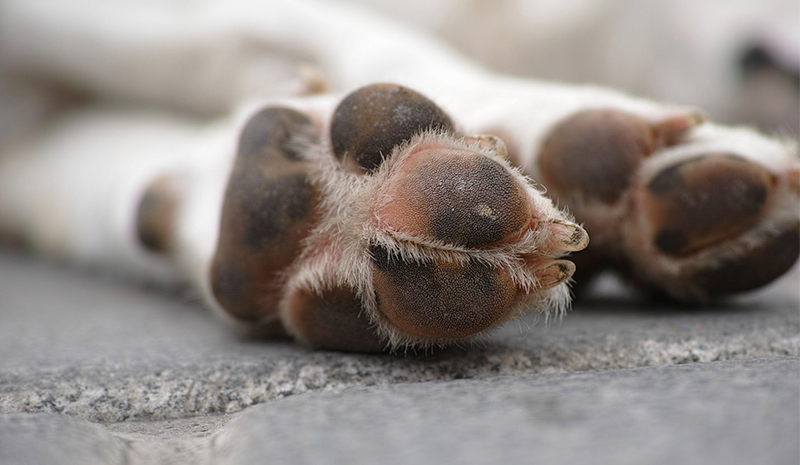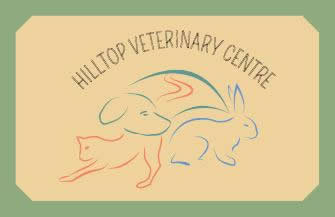
It can sometimes be difficult to know when your pet needs to see the vet and how urgently. As a general rule we would always say that if you are worried about anything at all, it’s always best to call us to discuss your pet’s symptoms. We will give you the best advice we can over the phone. To assist you with deciding how urgently you need to contact us, here are some of the most common emergencies
Breathing Difficulties
Any wheezing, choking, rasping noises, shallow or heavy breathing is a concern and considered an emergency, so please call your vet immediately. Cats should never ‘pant’ and this can indicate a serious underlying problem. Take great care to move any animal, particularly cats, as gently and calmly as possible, to avoid making their breathing worse.
Collapse
There are many illnesses that may result in your pet falling over or being unable to stand. Please call us immediately if your pet has collapsed.
Diarrhoea
Often our pets pick up minor infections, or eat something that disagrees with them. In the majority of cases, symptoms will disappear within a couple of days of feeding bland food. There are a number of over the counter medications and diets that may help; please ask. However if symptoms persist, or other symptoms appear, such as lethargy or vomiting, it is important that your pet is seen, so please call to make an appointment.
Eye Problems
We would always recommend seeing a vet if you are worried about your pet’s eyes. Eye conditions can deteriorate quickly resulting in permanent damage.
Lactating Bitches / Queens
Restlessness, panting, salivating, stiffness, muscle twitching and fever can be seen with eclampsia, otherwise known as milk fever. Call us immediately if your pet shows any of these symptoms for an emergency appointment. Tender, swollen mammary glands could indicate mastitis. Please call for a standard appointment.
Poisoning
If you think your pet has eaten something it shouldn’t have, please call us immediately. Often the sooner the pet is treated the better the long term prognosis. In some cases, when seen in the first two hours, it may be appropriate for the vet to induce your pet to vomit. DO NOT attempt this at home as you may cause more serious problems. If you know what your pet has eaten please bring the packaging with you.
Reduced Appetite
While a reduced appetite can have many causes, in the case of cats, rabbits and other small pets, this can rapidly progress to a more serious situation and an appointment should be booked for the same day.
Seizures or Fittings
Generalised seizures consist of convulsions/uncontrolled movements, with or without loss of consciousness and bowel/urinary control. If your pet has already been diagnosed with epilepsy it may be possible for us to talk you through treatment at home, however it is always best to call us. If your pet has never fitted before, please call us immediately for advice and to arrange to bring your pet into the surgery. While the fit is taking place keep your pet in dim light, keep sounds to a minimum and do not attempt to hold your pet or place anything in the mouth as you or your pet could get hurt.
Stings and Bites
Sometimes bites and stings require no veterinary treatment at all. However on rare occasions an allergic reaction can occur and cause swelling and breathing difficulties. If you are worried about your pet please call your vet immediately.
Straining to go to the toilet
If you notice your pet is straining to urinate but passing very little, or nothing at all, urgent veterinary attention should be sought. Male cats are especially at risk of getting a ‘blocked bladder’ and this will soon progress to a life threatening situation as toxins build up and electrolytes become unbalanced. It can be hard to differentiate between urinary blockage and bowel constipation so, if in any doubt, contact us immediately.
Trauma
Any accident that may have resulted in your pet being injured internally should warrant a trip to the vets. It can be difficult to assess internal injuries without veterinary equipment and monitoring so, if your pet has experienced any kind of trauma or blood loss, please call us immediately. For smaller cuts or bite wounds there is less urgency although, when treated promptly, complications may be avoided.
Whelping or Kittening
Call us if you are worried about your pet while they are giving birth. Issues in particular to look out for are:
- Straining to pass a puppy or kitten unsuccessfully, for 20 minutes
- 2 or more hours have passed with no puppy or kitten arriving and your pet is restless
- Your dog or cat is depressed, lethargic or has a body temperature higher than 39.4
- If your pet is consistently bleeding from the vulva for 10 minutes or more
- If you can see a fluid filled sack in the birth canal and she is unable to pass it
- If you see a green discharge but no puppies / kittens have been born
